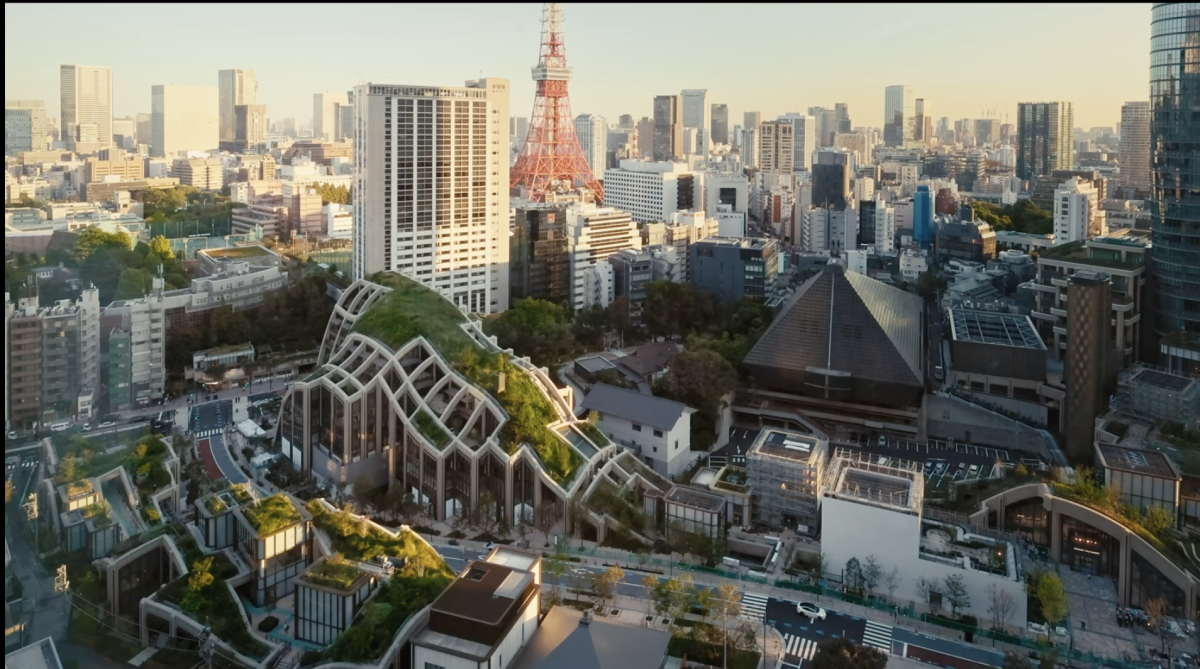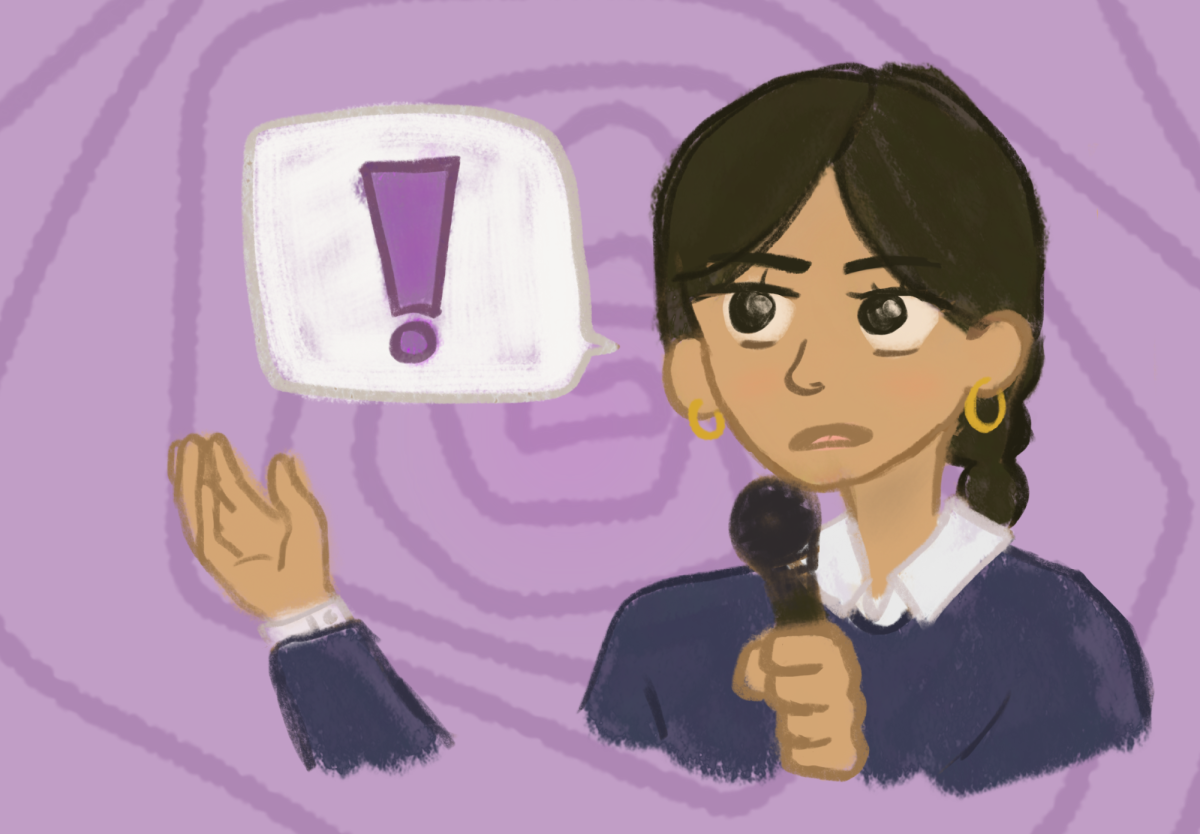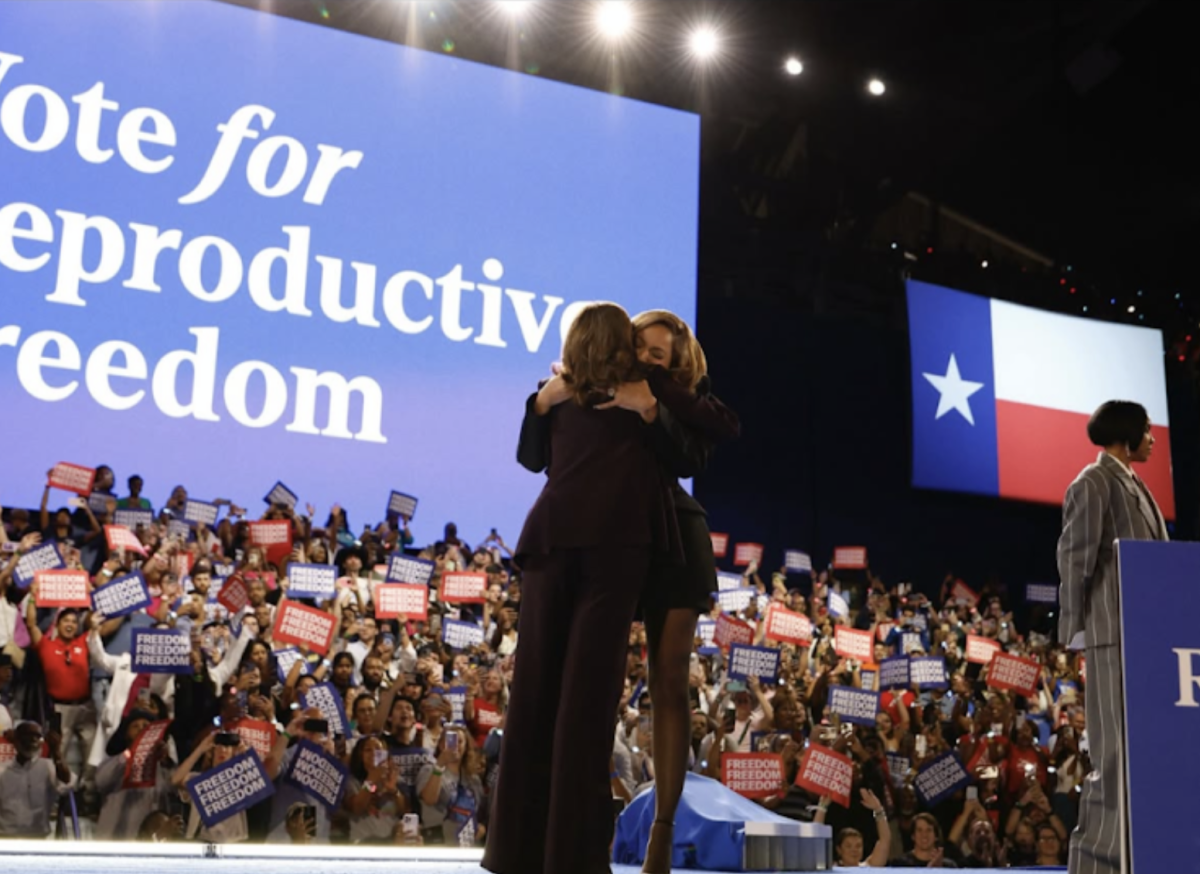A few weeks ago, as we sat around the dinner table, my dad brought up and vividly described the new intern in his office. As a GenX-er meeting a GenZ-er in the workplace, he described his interactions with the supposedly ‘self-centered’ intern as ‘completely new’ and ‘incomprehensible’. Since then, due to the contrasting environment they grew up in, clashes between them grew more frequent, concluding that they now mutually resent each other. However, such quarrels between generations aren’t limited to my dad.
As Emma Goldberg explains in the article “The 37-Year-Olds Are Afraid of the 23-Year-Olds Who Work for Them”, issues between different generations have been frequent and severe around the world. Throughout the article, older employees who were interviewed about GenZ employees bitterly pinpoint that the new ‘twenty somethings’ are unaccustomed to the normal workplace hierarchy, some delegating their tasks to their seniors, questioning and criticizing the standard eight-hour day shift, and even rolling their eyes at the habits of the elders.
Such generational issues are universal but are nothing new. According to Valerie Forgeard’s article on Brillianto, back in the 1950s, youth culture in the United States celebrated individualism, nonconformity, and rebellion against outdated notions and authorities, bringing them into conflict with the prior generation. As they stepped into the new culture which started to respect diversity as well as accept unfamiliar concepts, the long history of the older generations calling the younger generations entitled, selfish, and shallow began.
However, it doesn’t need to be this way forever. Forbes articles claim that due to their ability to take advantage of the various strengths of different generations, workplaces that embrace age diversity are much more effective. For instance, the younger generation is stronger when it comes to open-mindedness and comfortable communication, as social media opened the doors to strong awareness of social issues from an early age. Consequently, a variety of opinions and cultures can emerge in workplaces that previously lacked this variety due to them being dominated by outdated mindsets. As Edward Segal reports in a Forbes article, GenZ-ers in workplaces are pushing for more inclusive environments, as well as driving creativity and innovation by being more accepting of different perspectives. On the other hand, older generations who are rife in countless life experiences including failures, challenges, and success bring more knowledge and resilience, along with a deeper understanding of life. Research from Forbes suggests that the millennials and GenXs are determined, and unlikely to quit when faced with difficulties. Together, synergizing each others’ strengths, they become a dynamic and resilient team.
Nearly to the end of the article “The 37-Year-Olds Are Afraid of the 23-Year-Olds Who Work for Them”, Emma Goldberg notes that as the former generation started to understand the differences of the younger generation, the strict company culture relaxed even more, allowing the employees to “celebrate human emotion”, and “feel safe to be a little more weird.” Stepping on further, by eliminating the unhealthy generalization of each other, we should take full advantage of our distinctive characteristics and synergize those strengths to flourish as a society.





















































